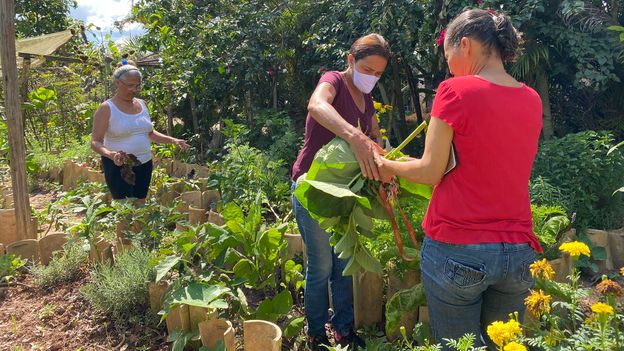However, responding to these criticisms, Guilherme Simões, the Brazil’s national secretary of urban peripheries says it is essential that governments invest in urban infrastructure, calling it “a fundamental condition for access to decent housing, basic sanitation and other social rights”. Public participation, he agrees, is fundamental to ensuring that such interventions are successful, and he points to the Brazilian government’s (Periphery Life programme), which includes a participatory action plan as a mandatory element for such interventions.
Vila Nova Esperança’s project has received recognition across Brazil and globally. In 2014 it was awarded the Milton Santos prize for social development by the municipality of São Paulo. Following this recognition, much of the community has now been given formal water, sewerage and electricity connection and asphalt roads.
Still, a battle against eviction in the community has been ongoing for several years. In 2011, things came to a head when armed men showed up to forcibly remove families, although it is not clear who they were working on behalf of. The residents resisted, although over 100 families agreed to leave following the ordeal. But most Vila Nova Esperança residents remained and in 2012, a judge ruled in their favour and determined they could stay.
Motivated by this ruling, they moved forward with the garden and in 2013 began cultivating carrots, lettuce, beetroot and dozens of other fresh vegetables, fruits and herbs. Anyone is welcome to volunteer, receiving harvested food in return. The remainder is sold at an affordable price to other residents.
Gardens like these offer communities “food sovereignty”, says Theresa Williamson, an urban planner and executive director of Catalytic Communities, a non-profit that manages the Sustainable Favela Network in Rio de Janeiro. “If people have gardens that are providing food, then they are able to feed themselves.”

